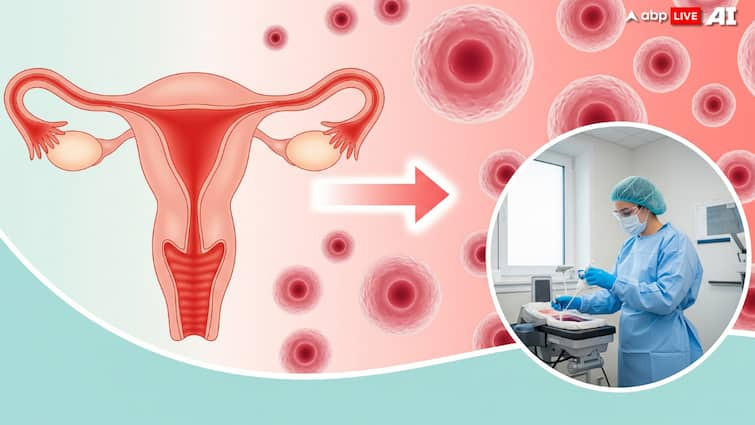SINGAPORE – A team from Alexandra Hospital (AH) is testing if using wearable fitness devices alone can change lifestyle habits, or if there is a need for a human health coach to nudge people regularly.
The pilot programme, called Activation, is a randomised controlled trial of both a wearable technology-based intervention and the presence of a digital health coach for increasing physical activity and reducing sedentary behaviour.
Gastroenterologist Alexander Yip, who is leading this research initiative, said its focus is on preventive health, or “slowing down the progression of chronic diseases such as diabetes and hypertension, and reducing healthcare expenditure”.
Activation, which was started in August 2024, aims to recruit 1,700 participants aged between 21 and 75 who are at risk of developing hypertension, diabetes, obesity, and hyperlipidaemia or high cholesterol.
They will be randomly assigned to three groups – 700 participants will receive only a smartwatch each, 500 will get a smartwatch and a dashboard with a nudging system downloaded onto their smartphones, and the remaining 500 will get a smartwatch and a health coach who assists them digitally via the dashboard and WhatsApp.
The ConnectedLife dashboard is designed by a Singapore-based health tech company of the same name. It partners Google’s Fitbit to create wearable-based solutions for wellness, condition management and other health-focused applications.
“Healthcare redesign is a fundamental part of the hospital’s redevelopment, and we look at how we can use technology to enable new kinds of care transformations and workflows or job redesign,” said Dr Yip, who heads the healthcare redesign department at AH. “(This project) is not strictly research because we have to be very practical and pragmatic about our approaches.”
Participants will be monitored for a year, with follow-up sessions at the three-, six-, nine- and 12-month marks. At the end of the study, the data will be analysed and published so that there is better understanding of the “intrinsic motivations, personalities and readiness for change”, said Dr Yip.
“Participants get to keep the watch,” he added.
The Activation initiative is financed by the MOH Health Innovation Fund under the Ministry of Health. The ministry declined to comment on how much of the fund was allocated to the study.
The new initiative supports the broader Healthier SG strategy, a national game plan on preventive health.
Healthier SG gets people to be more connected with their primary care physicians who will draw up a health development plan, according to Dr Yip. “It is made up of lifestyle adjustments, vaccinations, and regular health screening and a regular follow-up,” he noted.
“In six months, when you return for a follow-up, things do not change because there are no lifestyle adjustments on our part,” said Dr Yip. “The primary care physicians cannot leave us alone. Yet, it is too manpower intensive to go out and hand-hold everyone.”
He added: “With technology, doctors will be able to digitally understand the parameters of our lives and… reach out to us in a low physical touch manner, which is what the healthcare system is today.”
In the past, users of wearable devices – ranging from smartwatches to wristbands – made positive health changes only in the short term and motivation quickly waned, with many no longer wearing them after six months.

